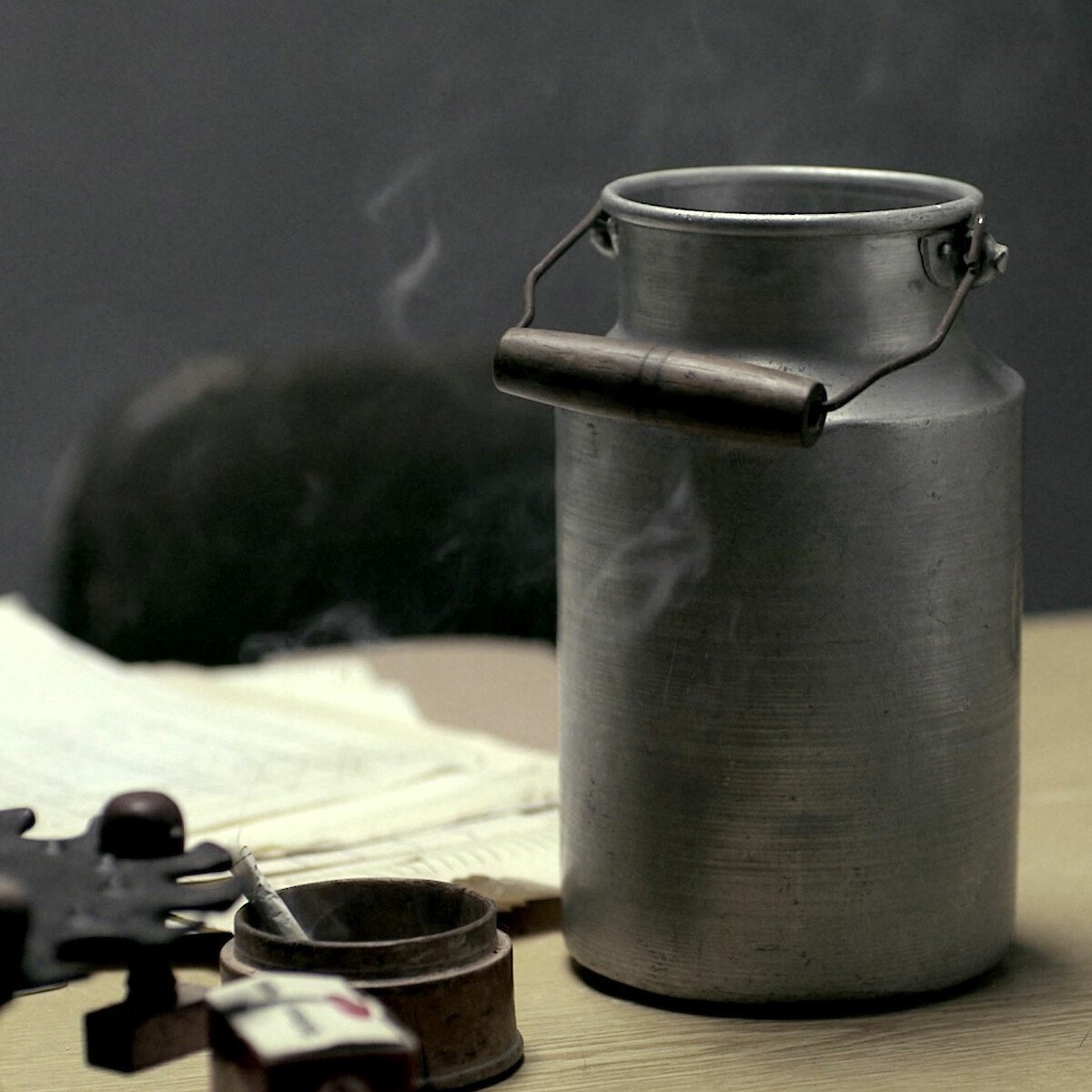Themes Cultures – Histories and Futures Curating on the Move SITUATED KNOWLEDGES – Art and Curating on the Move Workshop 12: Situated Knowledges and Multidirectional Memory
Workshop 12: Situated Knowledges and Multidirectional Memory
Theme:
Cultures – Histories and Futures
Dates:
27.6.21 - 27.6.21
Location:
Online

Workshop 12: Situated Knowledges and Multidirectional Memory
With Noit Banai and Dani Gal
Date
Sunday, 26 June 2021
Time
1:00 – 4:00pm CEST / 7:00 – 10:00pm HKT
Location
Zoom
Maximum number of Participants
20
Registration
This workshop is fully booked, therefore we no longer accept registrations.
Description
“Situated knowledges are about communities, not about isolated individuals. The only way to find a larger vision is to be somewhere in particular”
Donna Haraway (1988), p. 590
“Even if it were desirable — as it sometimes seems to be — to maintain a wall, or cordon sanitaire, between different histories, it is not possible to do so. Memories are mobile; histories are implicated in each other. Thus, finally, understanding political conflict entails understanding the interlacing of memories in the force field of public space. The only way forward is through their entanglement.”
Michael Rothberg (2009), p. 313
This workshop considers how we can bring together Donna Haraway’s concept of “Situated Knowledges” and Michael Rothberg’s concept of “Multidirectional Memory” as a way of renegotiating monolithic frameworks of contemporary memory cultures. At its crux is how to converge the locality, singularity, and radical contingency of ‘situated knowledges’ and the dialogic expansion and intersectionality of public memory. As we negotiate the many facets and forces of globalization and its discontents including both an intensified privatization and deregulation of the techniques, mechanisms, and institutions that govern life and death – we are also confronted with a reinscription of identities within reductive notions of the nation state and an orthodoxy surrounding the ownership and manipulation of the way in which the past is made present.
Against the limited imaginings of the nation state as the only model of imagined communities we will try to envisage different kinds of communities: Memory communities independent from the official narratives of the nation state. By using the category of Multidirectional Memory, we would like to discuss the possibility of liberating historical traumas, remembrance culture, and historical responsibility associated with Nazi genocide, slavery, apartheid and colonialism from the stronghold of the nation state in order to develop a new grammar toward a globalised, trans-national memory culture.
Such a project would include posing some of the following questions: (1) Is it possible to create a dynamic memory culture between historical victims, perpetrators and implicated subjects that exceeds and questions the narrow interests of the nation state and its geopolitical interests? (2). How can artistic practices shape embodied sensibilities towards elective affinities and kinship? (3). Does the entanglement between situated knowledges and multidirectional memory help us to rethink the relationship between particularity and universalism in ways that might create new pathways to solidarity?
About the Speakers
Noit Banai (HKBU RPg) is an art historian and critic who specializes in modern and contemporary art in transcultural and transdisciplinary perspectives. She was Professor of Contemporary Art at Tufts University/School of the Museum of Fine Arts (2007-2014) and the University of Vienna (2014-2019) before joining Hong Kong Baptist University as Associate Professor of Art History and Theory in August 2021. Her monograph on Yves Klein appeared in 2014 (London: Reaktion) and she is completing a book titled Between Nation State and Border State: Modernism from Universal to Global Subject. She served as assistant editor for the journal RES: Anthropology and Aesthetics and is a regular contributor to Artforum International.
Dani Gal (HKBU RPg), born 1975, Jerusalem, lives and works in Berlin. He studied at the Bezalel Academy for Art and Design in Jerusalem; the Staatliche Hochschule für Bildende Künste Städelschule in Frankfurt; and the Cooper Union in New York. His films and works have been shown widely, including: 54th Venice Biennale (2011), The Istanbul Biennale (2011), New Museum New York (2012), Kunsthalle St. Gallen Swizerland (2013), The Jewish museum New York (2014), Berlinale Forum Expanded (2014), Kunsthaus Zurich (2015), Kunsthalle Wien (2015), Documenta 14 (2017), Centre Pompidou (2018), Steirischer Herbst Festival (2020)
